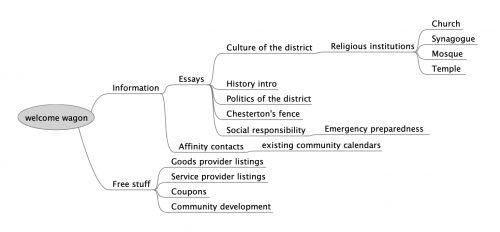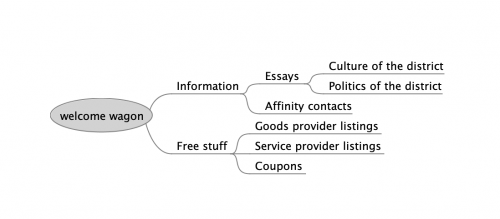(I don’t usually rerun posts that are less than a year old, but in this case…)
Free speech–free expression generally–is under attack in America and throughout the Western world to a degree not seen in a long time. I think there are some specific phenomena and (partially-overlapping) categories of people which are largely driving this attack. I’ve written about this subject previously, here, but the situation has gotten even more serious since that post, and some of the important factors were underemphasized. Here are the current fronts, as I see it, in the war (not too strong a word, I’m afraid) on free speech.
The Thugs. As I pointed out in my post The United States of Weimar?, illegal actions against political opponents, ranging from theft of newspapers to direct assault and battery, have in recent decades become increasingly common on university campuses, and now are well on track to being normalized as aspects of American politics. Incidents of political thuggery are reported almost daily: just the other day, pro-Trump women at an upscale DC hotel were verbally attacked and apparently physically assaulted by members of a wedding party that was heavy on Democrat attendees; including, reportedly, some top officials from the DNC. A pro-free-speech film was reportedly interrupted by two men wearing masks. Interruption of movies they didn’t like was a tactic used by the Nazis prior to their obtaining official censorship powers. The film All Quiet on the Western Front was plagued by Nazi disruptions when released in Germany in 1930. And attempts to shut down dissident speakers on college campuses, such as this, have become so common as to now be almost the default expectation.
The Assassins. These individuals go beyond the level of violence practiced by the Thugs, and make credible death threats they attempt to carry out against those whose actions or believe they view as unacceptable. The majority of threats and attacks falling in this category have certainly been the doing of radical Muslims; however, some of the more extreme ˜environmentalist and animal rights groups have also demonstrated Assassin tendencies. At present, however, it is those Assassins who are radical Muslims who have been most successful in inhibiting free expression. Four years in hiding for an American cartoonist. But see also Ecofascism: The Climate Debate Turns Violent,
How long until this justification and practice of violence reaches the level of justifying and carrying out actual murders?
The Enclosure of the Speech Commons. Whereas the Internet and especially the blogosphere offered the prospect of political expression and discussion unfiltered by the traditional media, the primary social-media providers have taken various levels of controlling attitudes toward free speech; Twitter, in my opinion, is especially bad. Partly this is ideological; partly, it probably reflects their ideas about protecting their brands. Yes, there are plenty of ways to communicate online outside of the social media platforms, but their growth has been so rapid that a large proportion of the potential audience is not easily reached outside their domains. Note also that conversations that one would have been private friends talking at home, or over the telephone are now semi-public and sometimes made fully public. Plus, they become part of an individual’s Permanent Record, to use the phrase with which school officials once threatened students.
The Online Mobs. The concerns of the social media providers about providing online ‘safe spaces’does not seem to have in the least inhibited the formation of online mobs which can quickly make life unpleasant for their targeted individuals, and even destroy the careers of those individuals. Decades ago, Marshall McLuhan referred to the technology-enabled Global Village; unfortunately, it turns out that this virtual village, especially as mediated through the social media platforms, has some of the most toxic characteristics of the real, traditional village. See my post Freedom, the Village, and the Internet.
And the mobs do not limit themselves to attacks on the target individual: they frequently attack other individuals who fail to participate in the shunning of that target person. As an example:
A few weeks ago, shortly after I left my magazine gig, I had breakfast with a well-known Toronto man of letters. He told me his week had been rough, in part because it had been discovered that he was still connected on social media with a colleague who’d fallen into disfavour with Stupid Twitter-Land. You know that we all can see that you are still friends with him,” read one of the emails my friend had received. “So. What are you going to do about that?
So I folded,he told me with a sad, defeated air. I know I’, supposed to stick to my principles. That’s what we tell ourselves. Free association and all that. It’s part of the romance of our profession. But I can’t afford to actually do that. These people control who gets jobs. I’m broke. So now I just go numb and say whatever they need me to say.”
Increasingly, it’s not just a matter of limiting what a person can say, it’s also a matter of edicting what they must say.
Read more

